In the heart of the dietary landscape, a movement has flourished, shifting our focus from traditional eating patterns to a more plant-centric approach. Plant-based diets, once considered niche, have transcended their niche status, capturing the attention of health enthusiasts, environmental advocates, and curious minds alike. But beyond the buzzwords and trendy dishes, lies a deeper narrative – a story of health, sustainability, and unexplored nuances that often evade the spotlight.
In this extensive exploration of plant-based diets, we delve beyond the customary discussions, unveiling lesser-known dimensions and uncovering compelling statistics. We unravel the multifaceted tapestry of plant-based eating, navigating through health benefits, environmental impacts, and the unspoken aspects that make this dietary approach transformative.
The Power of Plant-Based Diets: Beyond the Plate
Health Benefits Beyond Expectations
Plant-based diets, characterized by a focus on whole, minimally processed plant foods, offer a myriad of health benefits that extend beyond conventional perceptions:
- Reduced Risk of Chronic Diseases: Research from the American Heart Association reveals that adhering to a plant-based diet is associated with a 32% lower risk of heart disease-related deaths. Similarly, the World Health Organization (WHO) highlights that diets rich in plant-based foods can reduce the risk of conditions like type 2 diabetes and certain cancers.
- Enhanced Gut Health: The Journal of Nutrition emphasizes that plant-based diets, abundant in fiber and diverse nutrients, promote a healthier gut microbiome, leading to improved digestion and overall well-being.
- Weight Management and Longevity: Studies published in JAMA Internal Medicine suggest that plant-based diets may aid in weight loss and contribute to increased longevity, attributing these effects to higher fiber intake and lower consumption of saturated fats.

The Nuances of Plant-Based Nutrition
While the health benefits of plant-based diets are well-documented, several lesser-known facets often escape the spotlight:
- Nutrient Diversity and Absorption: Contrary to misconceptions, plant-based diets can provide adequate nutrients. However, understanding nutrient absorption and bioavailability from plant sources, such as iron or calcium, requires strategic food combinations and informed choices.
- Potential Pitfalls and Deficiencies: Inadequate planning in plant-based eating might lead to deficiencies in essential nutrients like vitamin B12, omega-3 fatty acids, iron, and zinc. Awareness and proper planning are crucial to mitigate these risks.
Also Read: Which diet is best for weightloss
Environmental Sustainability at the Forefront
Plant-based diets hold a profound promise in fostering environmental sustainability, offering compelling statistics that illuminate their impact:
- Reducing Carbon Footprint: The Lancet Planetary Health underscores that a shift towards plant-based diets could reduce global greenhouse gas emissions by up to 70%, contributing significantly to mitigating climate change.
- Preserving Water Resources: According to research published in the journal Science, producing plant-based foods requires considerably less water compared to animal-based foods, helping conserve precious water resources in an increasingly water-stressed world.
Here’s a step-by-step guide to help you opt for a plant-based diet:
Step 1: Educate Yourself
- Research and Information: Learn about plant-based nutrition. Understand the food groups, nutrients, and sources available in a plant-based diet. Reliable sources include books, documentaries, reputable websites, and nutritionists or dietitians specializing in plant-based eating.
Step 2: Start Gradually
- Meatless Meals: Begin by incorporating more plant-based meals into your diet. Start with one or two days a week where you replace animal products with plant-based alternatives.
- Explore New Foods: Experiment with a variety of fruits, vegetables, grains, legumes, nuts, and seeds. Try new recipes and cuisines to discover flavors you enjoy.
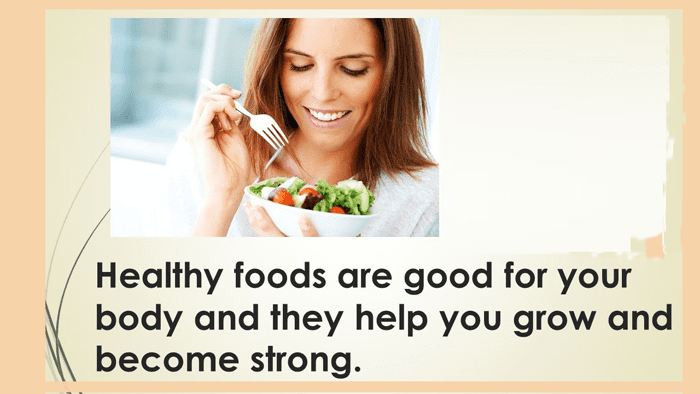
Step 3: Plan Your Meals
- Balanced Diet: Ensure your meals are well-rounded, incorporating a variety of nutrients. Include protein-rich foods like lentils, beans, tofu, tempeh, and edamame.
- Nutrient-Rich Foods: Focus on whole foods such as vegetables, fruits, whole grains, nuts, seeds, and healthy fats like avocados and olive oil to meet your nutritional needs.
Step 4: Make Substitutions
- Meat Substitutes: Replace meat with plant-based alternatives like tofu, seitan, textured vegetable protein (TVP), or plant-based meat substitutes.
- Dairy Alternatives: Use plant-based milk (almond, soy, oat, etc.), cheese, and yogurt instead of dairy products.
- Egg Alternatives: Explore options like tofu scramble or use commercial egg replacements in baking.
Step 5: Read Labels and Plan Ahead
- Label Reading: Be mindful of hidden animal-derived ingredients in processed foods. Read labels carefully, looking out for ingredients like gelatin, whey, and casein.
- Meal Prepping: Plan your meals in advance to ensure you have plant-based options readily available. This can help prevent the temptation to fall back on non-plant-based foods when in a rush.
Step 6: Stay Flexible and Listen to Your Body
- Flexibility: It’s okay to take gradual steps and make adjustments according to what works best for you. Listen to your body and make changes as needed.
- Supplementation: Consider supplementing certain nutrients like vitamin B12, vitamin D, and omega-3 fatty acids, which may be lacking in a strict plant-based diet.
Step 7: Connect with a Support System
- Community Support: Join online forums, social media groups, or local meet-ups of individuals following a plant-based lifestyle. Sharing experiences and tips can be encouraging and helpful.
- Seek Professional Advice: Consult a registered dietitian or nutritionist specializing in plant-based diets to ensure you’re meeting your nutritional needs.
Step 8: Stay Positive and Persistent
- Mindset: Approach the transition with a positive attitude. Focus on the health and environmental benefits that come with a plant-based lifestyle.
- Persistence: Understand that it’s normal to face challenges or setbacks. Stay persistent, and don’t be too hard on yourself if you occasionally stray from your plant-based goals.
Remember, transitioning to a plant-based diet is a personal journey. Gradual changes and finding what works best for your lifestyle and health needs are key to successful adoption.
Conclusion: Embracing the Wholesome Potential
Beyond the glossy surface of dietary trends, plant-based eating unfurls as a potent ally in nurturing both personal well-being and global sustainability. Its transformative power extends beyond the individual plate, resonating with profound environmental and ethical implications. Yet, the journey through the realms of plant-based diets is nuanced, requiring a comprehensive understanding, informed choices, and a holistic perspective.
Sources:
- American Heart Association – Plant-Based Diets and Heart Disease: https://www.heart.org/en/news/2019/08/15/plant-based-diets-tied-to-lower-risk-of-heart-disease
- World Health Organization (WHO) – Diet and Health: https://www.who.int/news-room/fact-sheets/detail/healthy-diet
- Journal of Nutrition – Plant-Based Diets and Gut Health: https://academic.oup.com/jn/article/149/9/1521/5511433
- JAMA Internal Medicine – Plant-Based Diets and Longevity: https://jamanetwork.com/journals/jamainternalmedicine/fullarticle/2540540

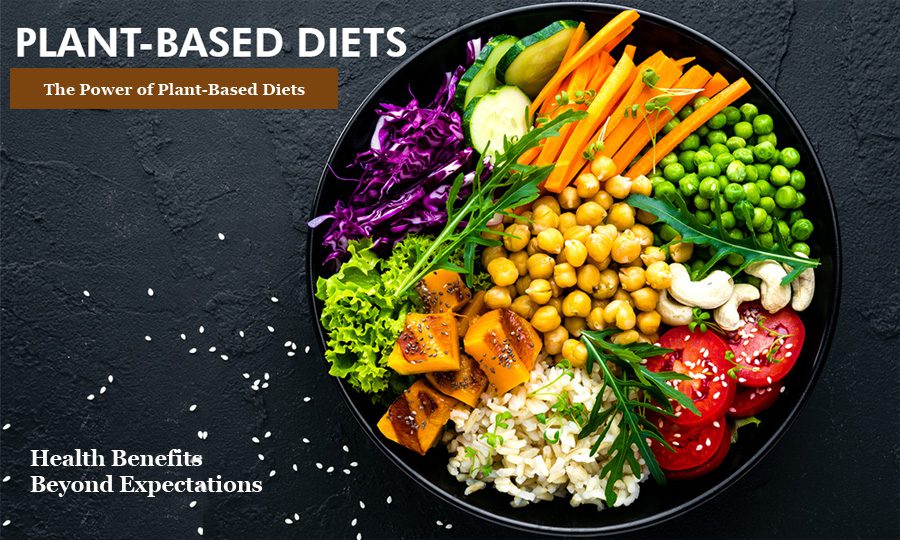


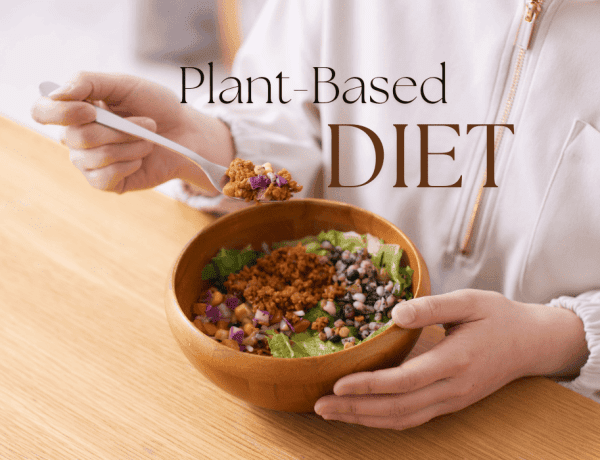




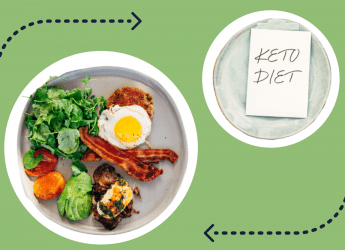





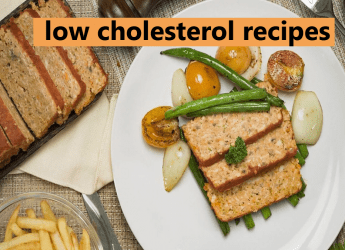


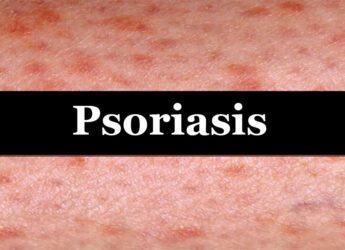





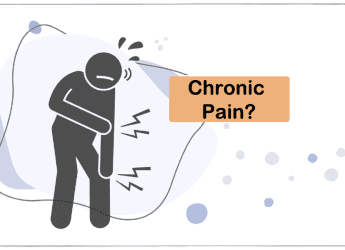



No Comments